In the landscape of early childhood education, there is a profound shift away from rote learning—the passive memorization of facts—toward experiential learning, where understanding is constructed through real-world interaction. Our PP1 students recently embarked on just such a journey during an exciting expert talk with Dr. Shantan. As a pediatric dentist, child psychologist, and a proud Gaudium parent, Dr. Shantan provided a multi-dimensional perspective that a textbook simply cannot replicate. This session was the highlight of the students’ ongoing inquiry into “Sense Organs” under the transdisciplinary theme “Who We Are.”
While rote learning might enable a child to list the sense organs mechanically, experiential learning encourages them to understand the function and value of those organs in their daily lives. Dr. Shantan’s session was designed to deepen this understanding by bridging the gap between abstract concepts and tangible reality. By interacting with a medical professional, the children moved beyond merely identifying eyes, ears, or teeth; they began to grasp the biological and functional significance of these organs. This immersive approach ensures that knowledge is not just stored for a test, but internalized as a vital part of their self-awareness.
Crucially, interactions like these teach very young children “how to learn.” When students engage with an expert, they observe that knowledge comes from people and inquiry, not just static pages. Through Dr. Shantan’s interactive and child-friendly approach, the students were encouraged to exercise curiosity and engage in active participation. This process models the inquiry cycle: asking questions, seeking answers from authorities, and connecting new information to existing thoughts. It builds the foundation for critical thinking, demonstrating that learning is a dynamic dialogue rather than a monologue.
The session also highlighted the practical application of knowledge, a key component of experiential education. Rather than memorizing rules about hygiene, the young learners were guided to understand simple, everyday ways to care for their bodies. Dr. Shantan made these concepts relatable, helping the children recognize that they possess ownership over their own health. This nurtures a sense of responsibility towards maintaining good health and well-being from a tender age, transforming the lesson from a subject requirement into a life skill.
Ultimately, this guest lecture served as a powerful reinforcement of classroom learning, proving that education is most effective when it is joyful and meaningful. By replacing passive listening with active engagement, the session fostered a genuine love for discovery among our little learners. It was more than just a lesson on biology; it was a holistic experience that celebrated the joy of “finding out,” ensuring that our PP1 students are developing into inquisitive, self-aware, and responsible individuals.


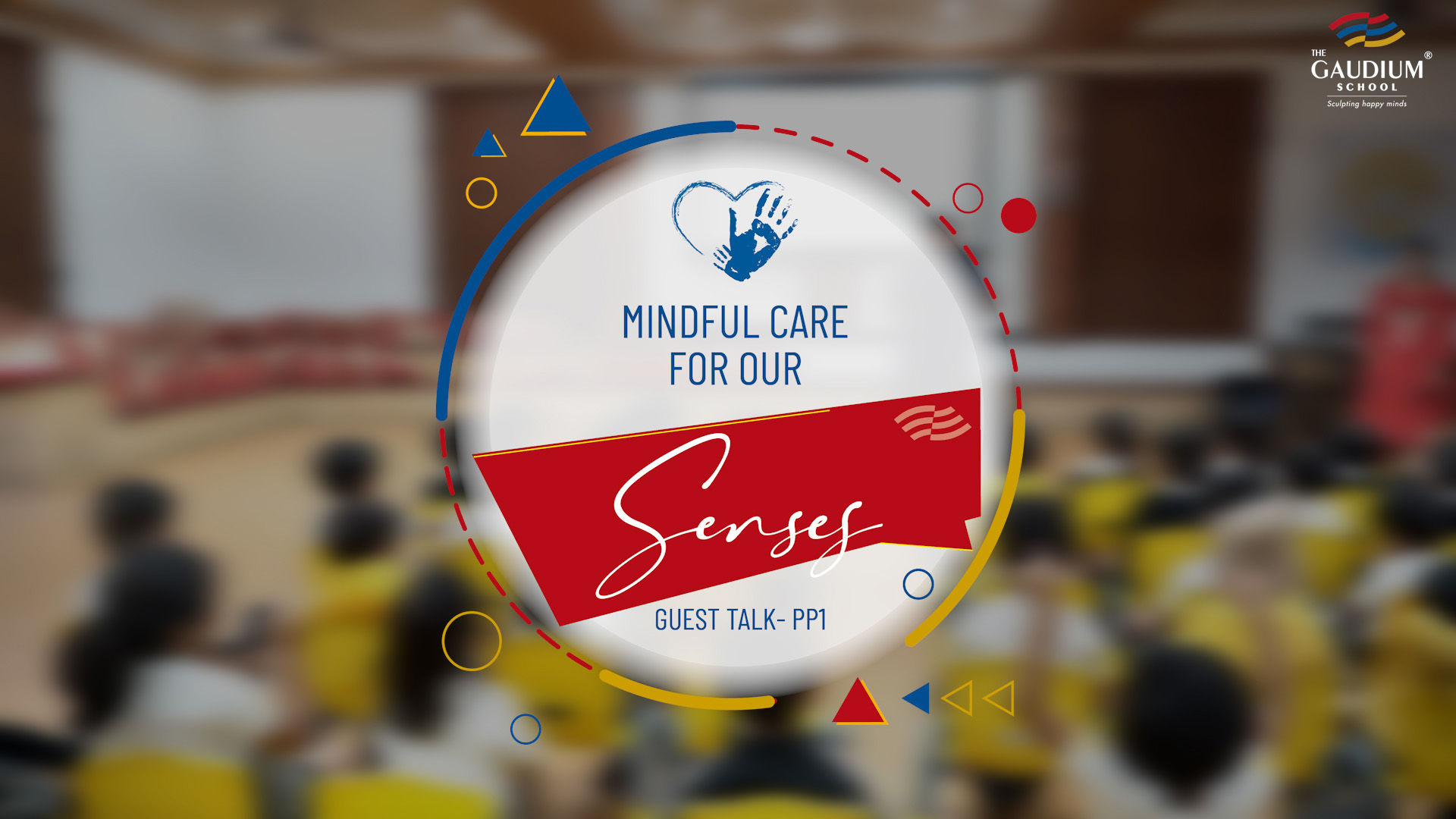
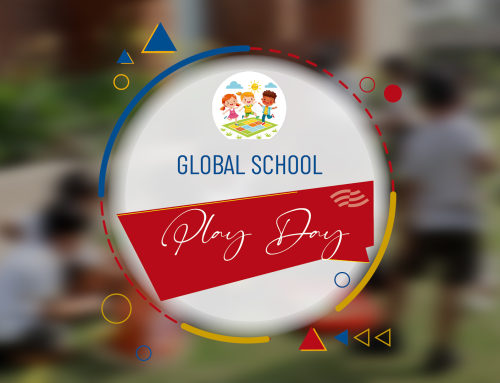
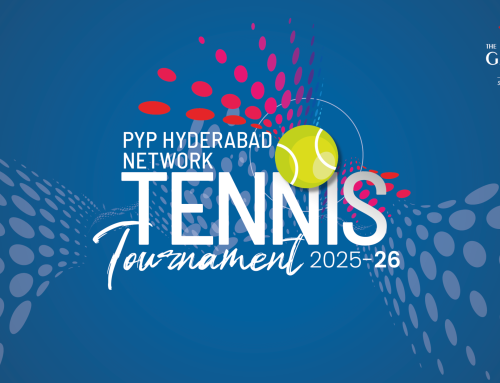
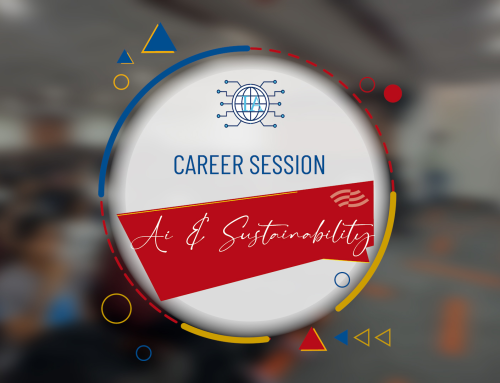
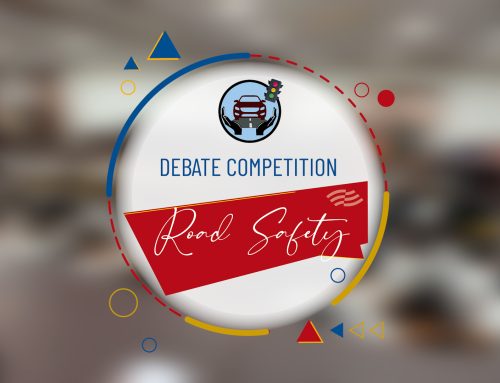

Leave A Comment